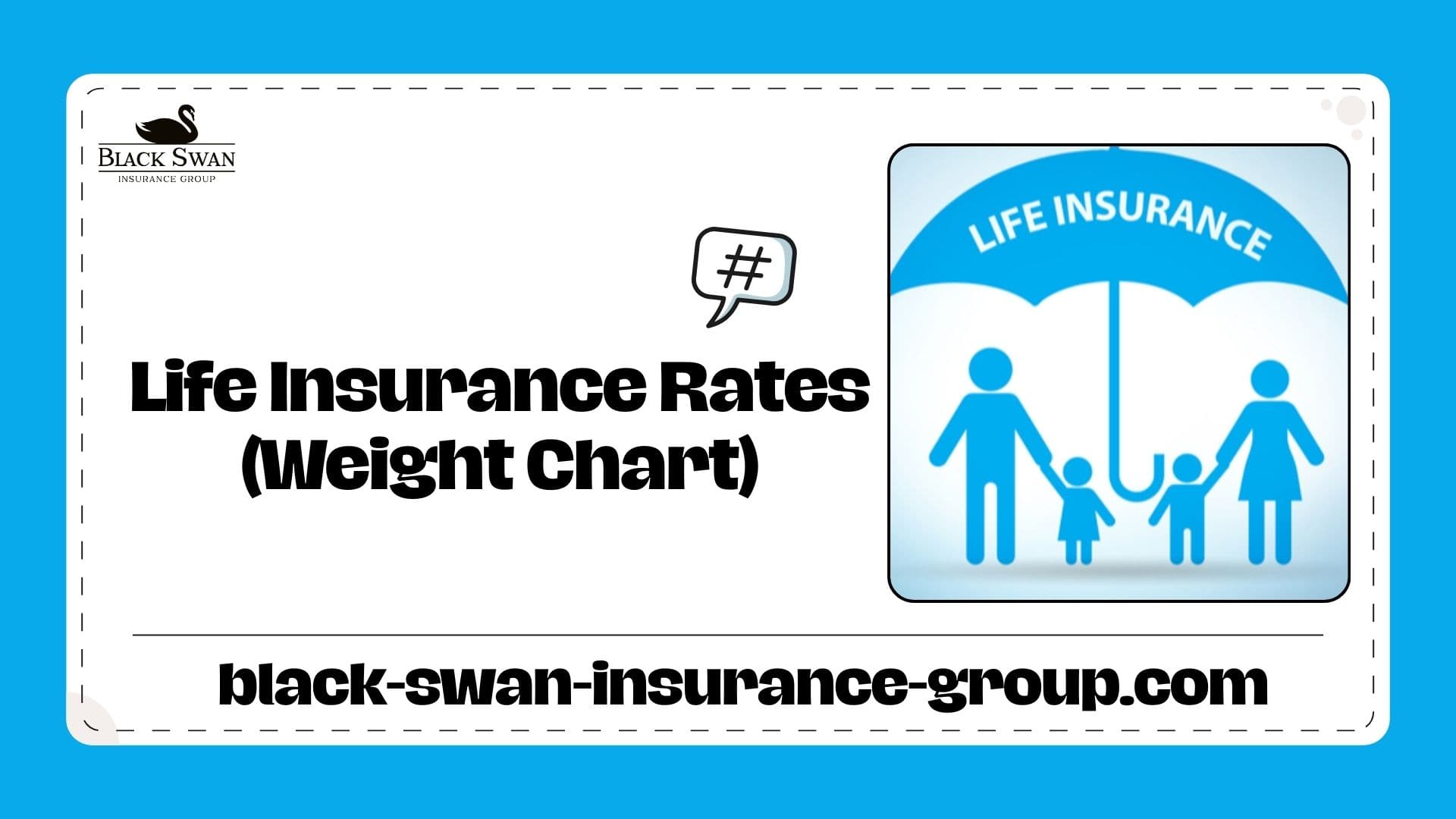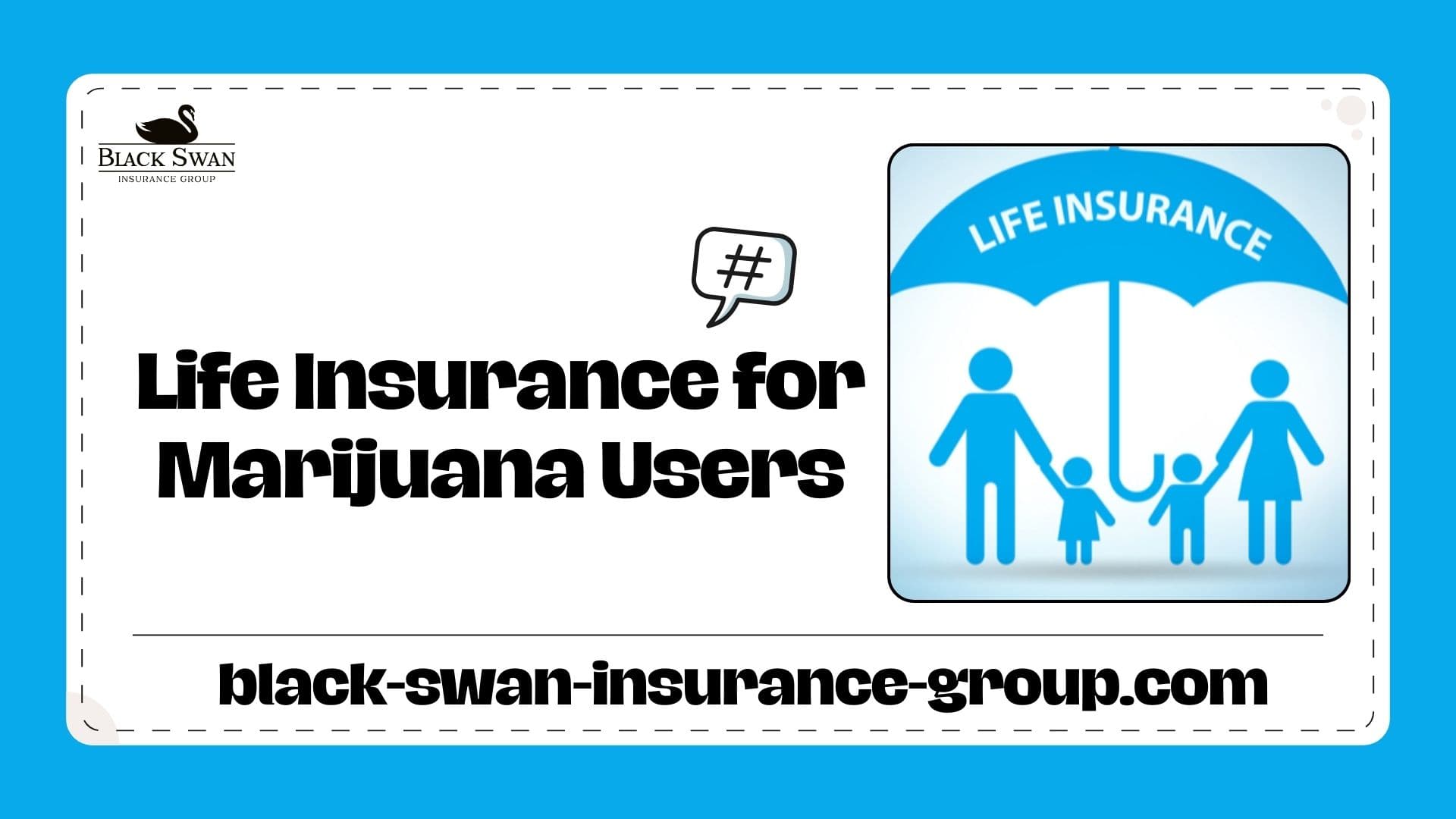Truck drivers face unique risks that many standard life insurance policies don’t account for. Long hours, high stress, and time spent on the road can impact both health and insurability. That’s why choosing Life Insurance for Truck Drivers that reflects the realities of the profession is essential. These specialized policies consider key factors like sleep quality, pre-existing conditions, BMI, and extended time away from home—all of which influence premiums and eligibility.
Some insurers may charge higher rates based on lifestyle risks, while others offer competitive Life Insurance for Truck Drivers who maintain good health and clean driving records. Partnering with an advisor who understands the transportation industry can help drivers find coverage that protects both their income and their families.
Why Life Insurance for Truck Drivers Is Essential
Life Insurance for Truck Drivers provides critical protection in one of America’s most dangerous jobs. Truckers face long hours, limited access to healthcare, and a higher risk of accidents. Life insurance helps secure income replacement, reduce debt, and offer long-term support to loved ones.
According to the U.S. Bureau of Labor Statistics, truck driving consistently ranks among the top high-risk occupations due to long hours on the road and exposure to traffic-related hazards. Having appropriate life insurance in place ensures families are protected if the unexpected occurs.
Key Reasons Truck Drivers Need Life Insurance

- High-Risk Occupation
Truck driving ranks among the top hazardous jobs. Life Insurance for Truck Drivers can offer financial security in case of a fatal accident or health-related loss. - Health Risk Exposure
Truckers are prone to obesity, diabetes, and heart disease. Life insurance companies consider these risks, making early and proactive applications essential. - Family Protection
Life Insurance for Truck Drivers ensures ongoing support for dependents, covering mortgage, education, and living expenses. - Business Debt Coverage
Owner-operators often carry loans. A life insurance policy ensures those debts aren’t passed on to loved ones. - Limited Employer Benefits
Truckers often receive minimal employer-provided life insurance. Owning personal coverage guarantees continuous protection. - Peace of Mind on the Road
With Life Insurance for Truck Drivers, peace of mind follows every mile, knowing your family is financially protected.
Common Life Insurance Challenges for Truck Drivers
- High-Risk Job Classification
Truck drivers are often considered higher-risk applicants due to time spent on the road, which may lead to increased premiums. - Inconsistent Medical History
Busy schedules make regular checkups difficult, impacting underwriting. Be proactive with medical documentation. - BMI and Related Conditions
A high BMI, common among truckers, can raise red flags. Choosing insurers experienced with Life Insurance for Truck Drivers helps reduce penalties. - Tobacco Use
Smoking is prevalent among drivers and leads to higher premiums. Quitting can significantly improve insurance rates. - Individual Coverage Gaps
Owner-operators may lack employer plans. Customized Life Insurance for Truck Drivers is vital for full protection. - Misreported Job Details
Be transparent about route types and driving habits. Inaccuracies can cause underwriting delays or denial.
Types of Life Insurance for Truck Drivers

- Term Life Insurance: Affordable, temporary protection ideal for debt coverage and income replacement.
- Whole Life Insurance: Permanent coverage with a savings component for long-term needs.
- Guaranteed Issue Life Insurance: No medical exam required—best for those with health challenges.
- Simplified Issue Life Insurance: A quicker option with limited health questions.
- Group Life Insurance: Offered through employers, but often insufficient on its own.
What Affects the Cost of Life Insurance for Truck Drivers?
- Age and health conditions like diabetes or high blood pressure
- BMI and lifestyle factors like smoking
- Driving record and job type (long-haul vs. local)
- Type and length of coverage
- Family medical history and personal habits
How Much Coverage Do Truck Drivers Need?
Experts recommend securing life insurance coverage worth 10 to 15 times your annual income to ensure your loved ones are financially protected in your absence. For example, if you earn $70,000 per year, that would translate to a recommended coverage range of $700,000 to $1 million in Life Insurance for Truck Drivers. This estimate isn’t arbitrary—it’s based on covering long-term financial obligations that your income would typically support.
When determining how much life insurance you need, factor in outstanding debts like mortgages or vehicle loans, funeral and burial costs, potential college tuition for your children, and the day-to-day living expenses your family would face without your income. Truck drivers, in particular, often work in high-risk environments, which makes having the right coverage even more essential. Proper life insurance planning can offer peace of mind knowing your family’s financial future is secure no matter what happens on the road.
What Happens If a Truck Driver Dies on the Job?
Without Life Insurance for Truck Drivers, surviving family members could face significant financial hardship in the event of an unexpected loss. The sudden absence of a primary earner, especially in a demanding and high-risk profession like trucking, can leave families overwhelmed by bills, debt, and everyday living expenses. Mortgage payments, medical bills, and even basic necessities may become difficult to manage without a financial safety net.
Having a personal life insurance policy in place offers a powerful layer of protection. It provides tax-free death benefits to your beneficiaries, ensuring they have the financial support they need during an emotionally difficult time. These funds can help cover final expenses such as funeral and burial costs and replace lost income that would have supported your household. The payout can also be used to settle debts, maintain your family’s lifestyle, fund your children’s education, and protect their long-term financial security. In essence, life insurance is not just a policy but a promise of stability for those you love.
Medical Exams and Underwriting Expectations
Expect a basic health exam and questions about your driving habits and schedule. Be honest. Managed conditions and stable health history often lead to better rates for Life Insurance for Truck Drivers.
Sample Life Insurance Rates for Truck Drivers
| Age | Non-Smoker | Smoker |
|---|---|---|
| 30 | $23–$30 | $55–$70 |
| 40 | $35–$45 | $85–$105 |
| 50 | $75–$95 | $175–$220 |
Health and job risk affect these estimates. Simplified and guaranteed policies cost more but may offer easier approval for truckers with complex health histories.
Tips to Secure Affordable Life Insurance for Truck Drivers
- Apply while young and relatively healthy
- Improve health metrics like BMI and blood pressure
- Be honest during application and underwriting
- Compare quotes from insurers familiar with trucking
- Avoid overbuying; choose coverage you can sustain
Why Choose Black Swan Insurance Group?
At Black Swan Insurance Group, we specialize in Life Insurance for Truck Drivers. We help you navigate underwriting, understand your options, and secure a policy that reflects your driving lifestyle. Whether you’re a company driver or an owner-operator, we’ll match you with coverage that supports your goals.








